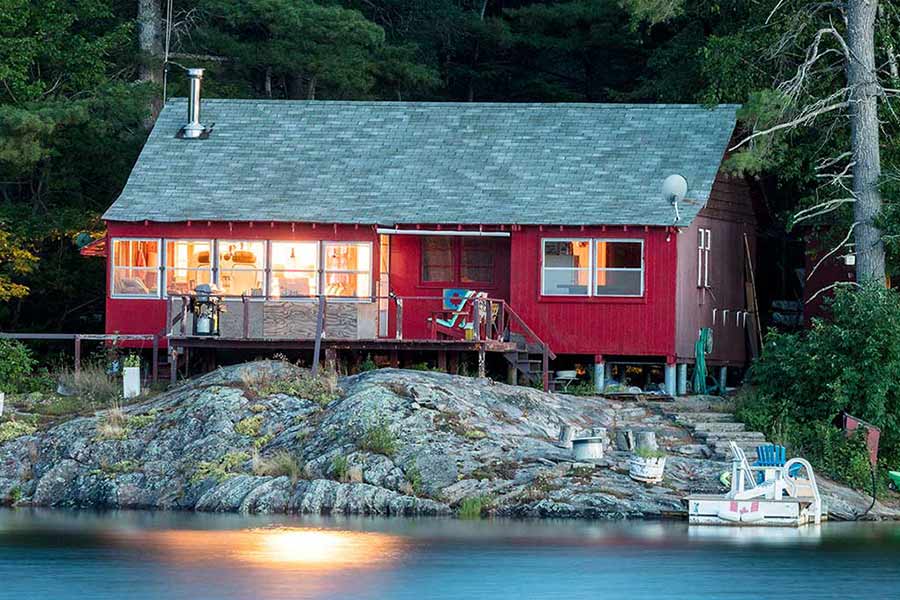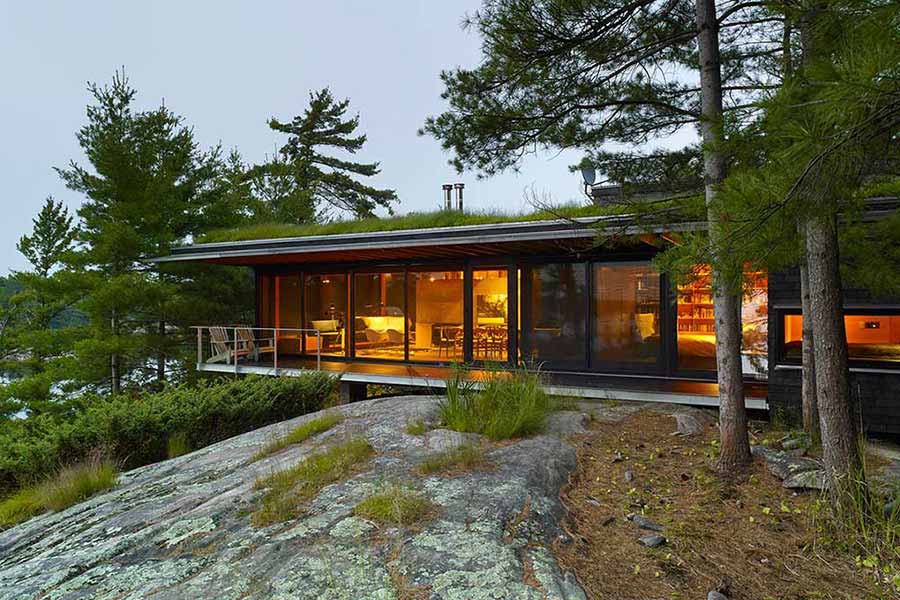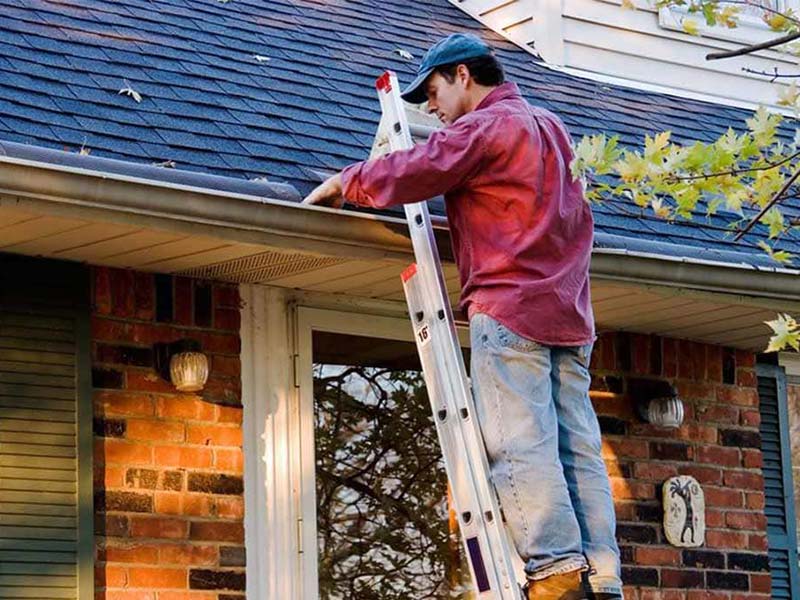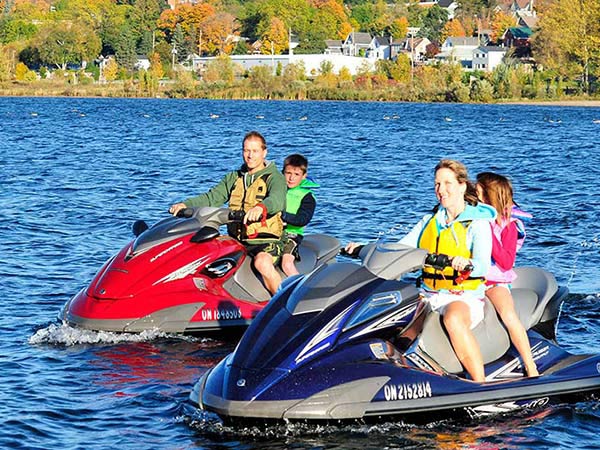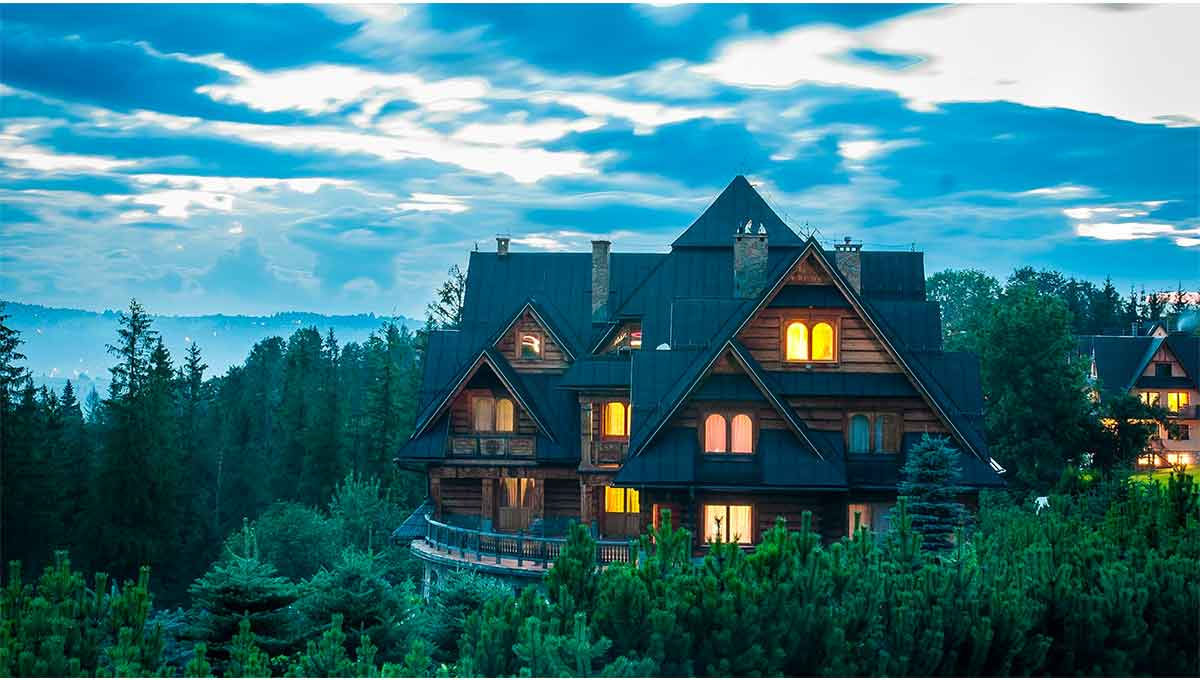Visiting a cottage on the water is the ideal summer vacation for many Canadians. After a dark, cold winter, we love the idea of waking up in a cozy cottage, with the warm sun shining through the foliage and the sound of water lapping against the shore.
The desire to own a summer cottage has become very popular among younger generations of Canadians, and the cost of owning a cottage in Canada has grown astronomically over the past year.
In 2020, the cost of housing in Canada increased by a whopping 10%. The price to buy a waterfront home is now nearing $500,000 on average.
But the price tag on a cottage in Canada is not the whole story when it comes to the overall cost of cottage ownership.
If you are considering buying a cottage in Canada, keep reading to understand the big-picture costs of owning a cottage.
What Is the Cost of Owning a Cottage in Canada?
It isn't only the cost of urban housing in Canada that has increased over the past year. Recreational housing has experienced a similar increase and it appears that the cost of cottages in Canada will continue to rise.
The average sale price is expected to increase by another 30% in the next year, according to RE/MAX brokers. The average price range for a Canadian cottage is currently between $200,000 and $500,000.
Current Market Pricing
Here are the average costs for waterfront properties in some of the more popular recreational destinations across Canada:
- Thunder Bay: $425,805
- Charlottetown: $334,447
- Interlake region of Manitoba: $363,833
- Okanagan: $2,430,434
- Barrie-Innisfil: $1,841,217
- Niagara region: $1,546,561
If you are interested in less popular recreational regions of Canada, you may be able to find a few more affordable properties closer to the $200,000 to $300,000 range.
Wherever you set your sights, the first thing you will need to determine is whether you qualify for a mortgage.
Taxes
In addition to the cost of a mortgage, you will also have to pay property taxes on your cottage. If there is road access, utilities, or any other services related to your cottage property, you will probably have a substantial property tax bill.
Capital gains income is the difference in the assessed value of the property, minus what was paid for the property and any renovations. In Canada, 50% of the value of capital gains is taxable.
One way to get around paying a significant capital gains tax is to have your relative designate their cottage as their principal residence before you inherit it.
Can I Get a Mortgage for a Cottage?
Unless you're in a financial situation that allows you to buy a cottage upfront, getting a mortgage preapproval is the first step in determining whether you can afford to purchase a cottage.
Mortgage rates in Canada currently range from 1.54% to 4.79% for a five-year fixed-rate mortgage. To find out if you qualify for a loan, you'll go through a mortgage preapproval process.
During the preapproval process, a mortgage lender will look at your finances and determine the maximum amount they can lend you, and at what rate of interest. They will also help you estimate your mortgage payments.
Depending on the mortgage lender, a mortgage preapproval allows you to lock in an interest rate for 60 to 130 days.
Mortgages are available through a variety of different types of lenders.
When looking at your finances, mortgage lenders will take into account your assets, income, and debt. You will need to provide proof of employment, as well as proof you can afford the down payment and closing costs.
Keep in mind, the preapproval amount is the maximum amount a lender will give you for a mortgage. It does not guarantee you will get a mortgage for that amount.
What Are the Maintenance Costs for a Cottage?
It is important to understand that cottages require much of the same resources and upkeep as primary dwellings. You'll want to make sure you can afford the upkeep of your cottage in addition to your primary dwelling if you have one.
Basic Cottage Upkeep
First, you'll need to consider the cost of amenities like water, electricity, trash removal, internet, and television. If you're not using your cottage year-round, you will need to turn these utilities on and off during various seasons.
If you are planning to use the fireplace, you will need to book a fireplace inspection beforehand. This may cost anywhere from $300 to $600.
If the cottage you're eyeing doesn't already have indoor plumbing, you may need to invest a significant amount more to install a septic system. Installing a septic system can cost between $14,000 and $22,000.
Perhaps you're planning to forgo the conventional indoor plumbing and rough it with an outhouse.
In addition to these standard costs, you'll also need to factor in yard maintenance. You'll still have to mow your lawn, rake leaves in the fall, and shovel snow in the winter. Each of these tasks requires time and various tools.
You'll also need to maintain the exterior of your cottage. Initially, you will want to inspect the wood and test the finish. Eventually, the siding will need patching, repainting, or re staining.
Maintaining the Fun Stuff
What is the point of spending time on the lakeside if you don't have a boat, or kayak, or jet skis to take out on the water?
The average cost of a 22-foot pontoon boat is $35,000. For a smaller or larger pontoon, the price can range from $20,000 to $50,000.
The average cost of a fishing boat or speed boat ranges between $20,000 for a used model or $30,000 or more for a new one. The average cost of a jet ski is $6,000 to $10,000.
If you prefer a simpler mode of water transportation or don't want to have to worry about gas, you might consider a kayak or canoe. The average cost of those is anywhere from $300 to $1,000.
If you do decide to invest in recreational equipment, you'll also need to consider the cost of storage. In preparation for winter, you'll need to remove your boat from the water. This might require purchasing a trailer for transport.
Then you'll need a space to store your boat or jet ski, either on your own property or by renting a space at a marina. A marina slip can cost $120 per foot for the season, or $44 per foot per month, depending on the region.
You'll also need to factor in the costs associated with maintaining a boat, or other watercraft. You may also need a trailer.
Advice Before You Buy a Cottage
Chances are, as soon as you start looking for cottages you'll inevitably fall in love with one. Once that happens, buying a cottage becomes an emotional decision rather than a practical one.
Before you start looking at cottages for sale, there are a few things you may want to consider.
Consider Your Needs
Before you fall in love with a particular cottage, you need to consider the reality of spending time there. Be sure the cottage is located somewhere that is easily accessible by roadway and consider how far you're willing to drive.
If you want your cottage to have modern conveniences like internet, telephone, and cable television, do some research first to find out if those services are available in the cottage's location.
How far are you willing to travel for shops like grocery stores and hardware supplies when it's time to make repairs on your cottage? Is it important that the cottage is near a town? Or will you pack in whatever supplies you need?
Determine Home Insurance
In addition to your mortgage, utilities, maintenance costs, and taxes, you'll need to factor insurance into the cost of owning a cottage in Canada.
On average, the cost to insure a house in Canada is around $960 per year. However, the cost will vary depending on the type of home, the size of the home, and the risks associated with the property.
Rent in the Area First
Before you can be sure which region of Canada is the ideal setting for your future cottage, it's a great idea to spend some time renting a place there first.
By renting in the area, you'll be able to get a good sense of what life will be like owning there. You'll get to know the people and the culture of the place and see if it could be somewhere you feel a sense of belonging and kinship.
You'll also get a much better sense of the practical realities of living there. It might be important for you to know what kinds of stores are nearby, whether there is a hospital anywhere close, or fun activities for children.
Determine Location
When determining the ideal location to begin looking for cottages for sale, you'll want to consider how far you are willing to drive to get there.
Cottages located within a few hours of major Canadian cities are likely going to cost quite a lot, unfortunately. If you're willing to drive a few extra hours you may be able to find something more affordable.
However, purchasing a cottage in a more remote location might mean you'll get less use out of it. Driving to a cottage located more than four hours away might not be feasible for a weekend trip.
Fortunately, Canada's diverse terrain offers a variety of cottage landscapes.
You might find your dream cottage beside a body of water like a lake, ocean, or river. Or perhaps your dream cottage lies on sprawling farmland or high up in the mountains.
How Often Will It Be Used?
Finally, it is important to think about whether you plan to use your cottage year-round, or only in certain seasons.
Many cottage owners prefer to close their cottages up for the fall and winter and use them primarily in the warmer months. You may decide to go this route.
However, if you want to keep your cottage open throughout the year, you will need to consider the cost of road maintenance to keep your cottage accessible in the winter.
Next Steps Before Purchasing a Cottage
Now that you have a thorough understanding of the cost of owning a cottage in Canada, it's time to consider your next steps in the process.
Take time and care as you deliberate the various integral aspects like location, mortgage rates, taxes, maintenance, and home insurance. These are important decisions that require extensive thought and research.
If you're serious about buying a cottage in Canada, consider a consultation with Insurdinary, one of Canada's leading financial comparison platforms, to protect your investment.


